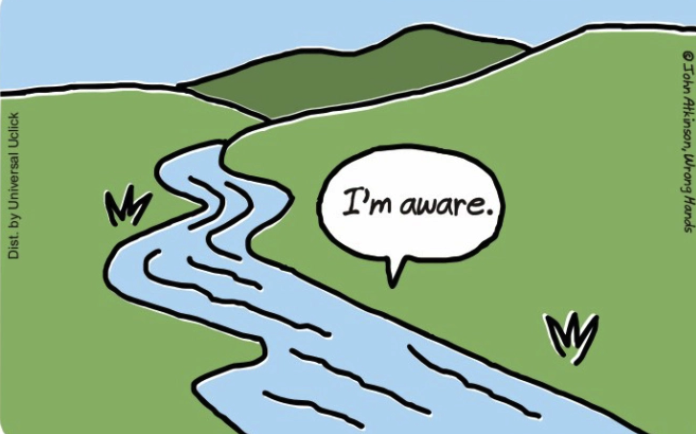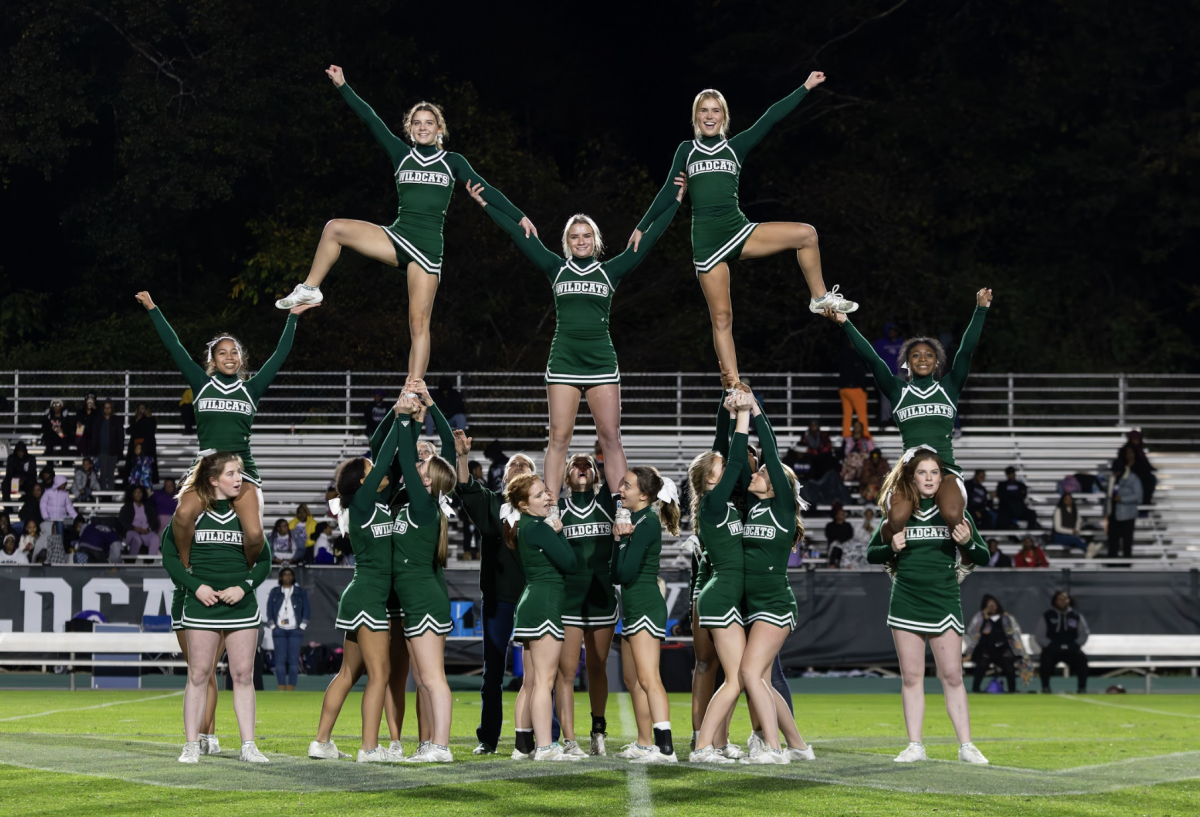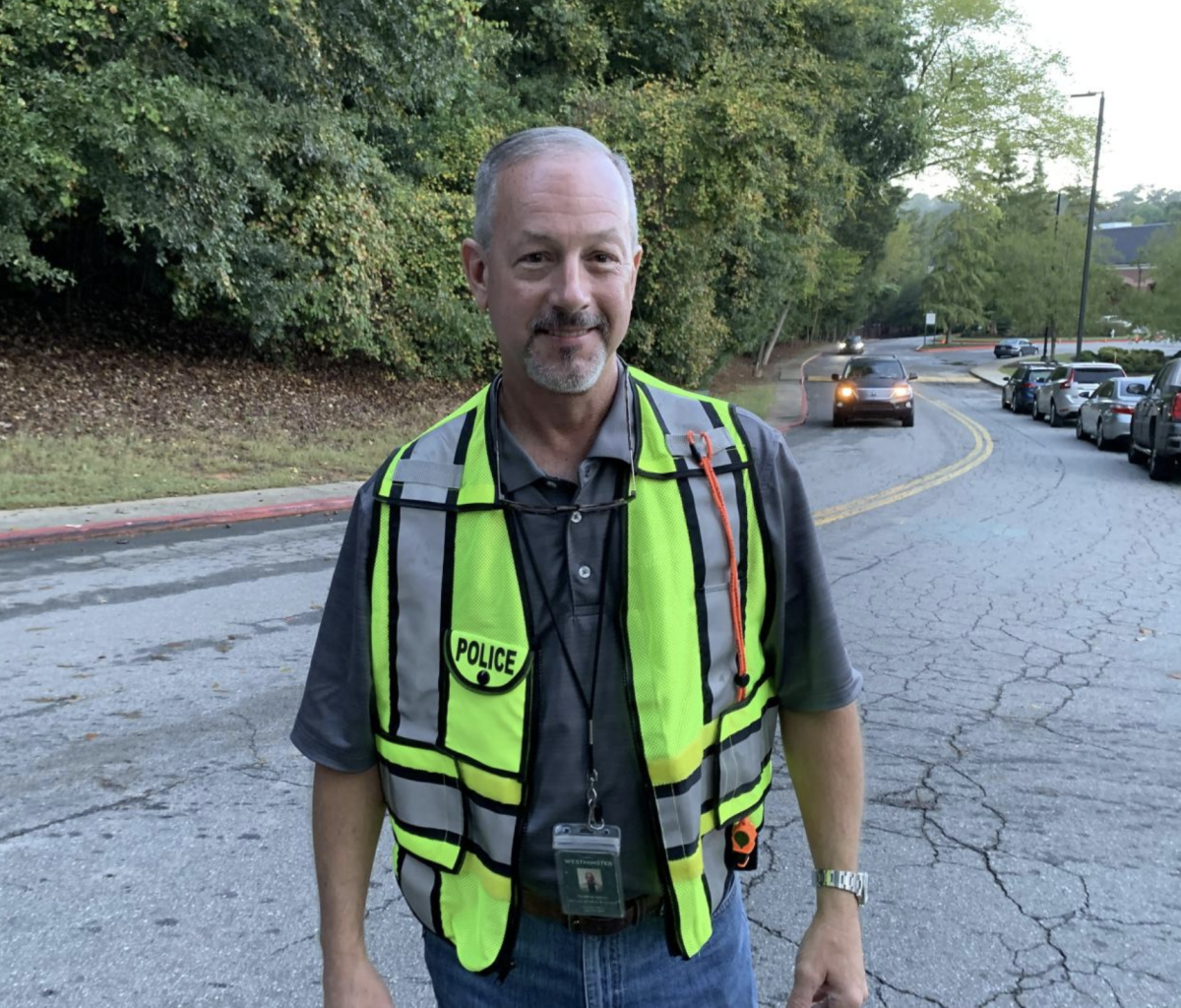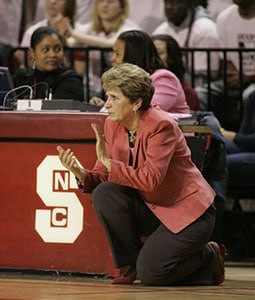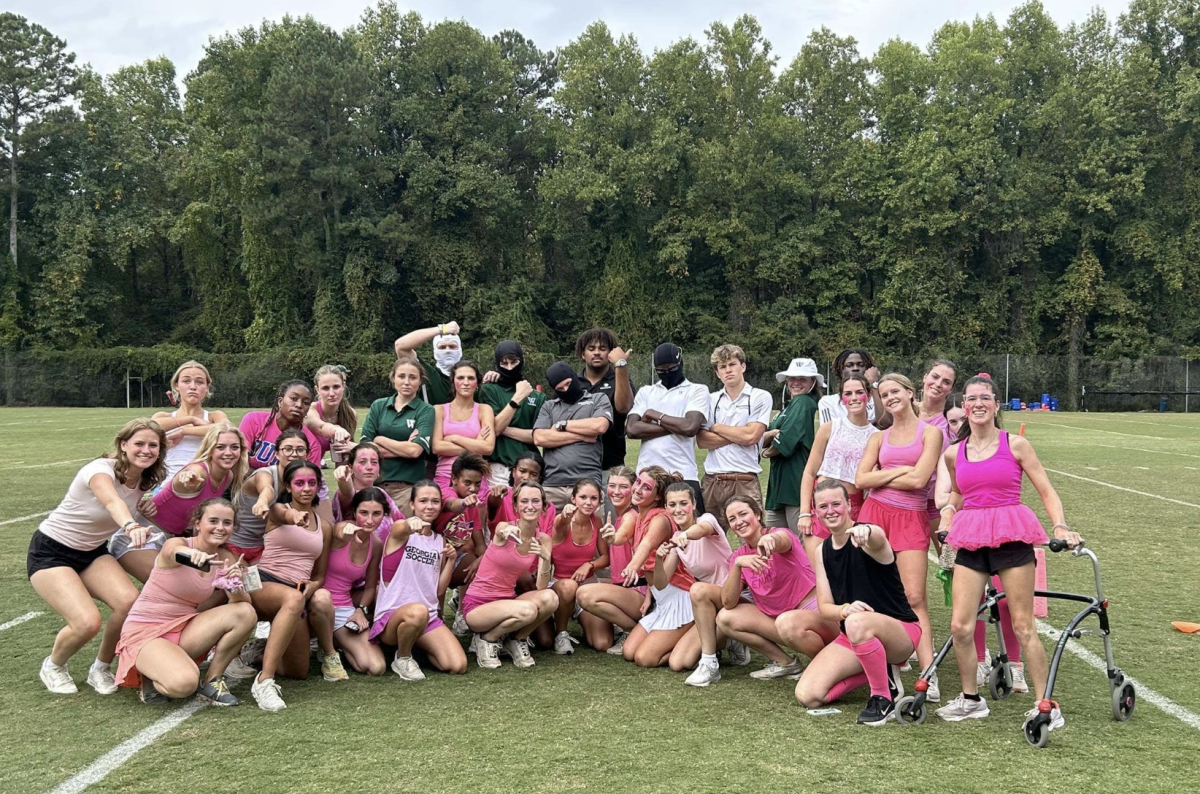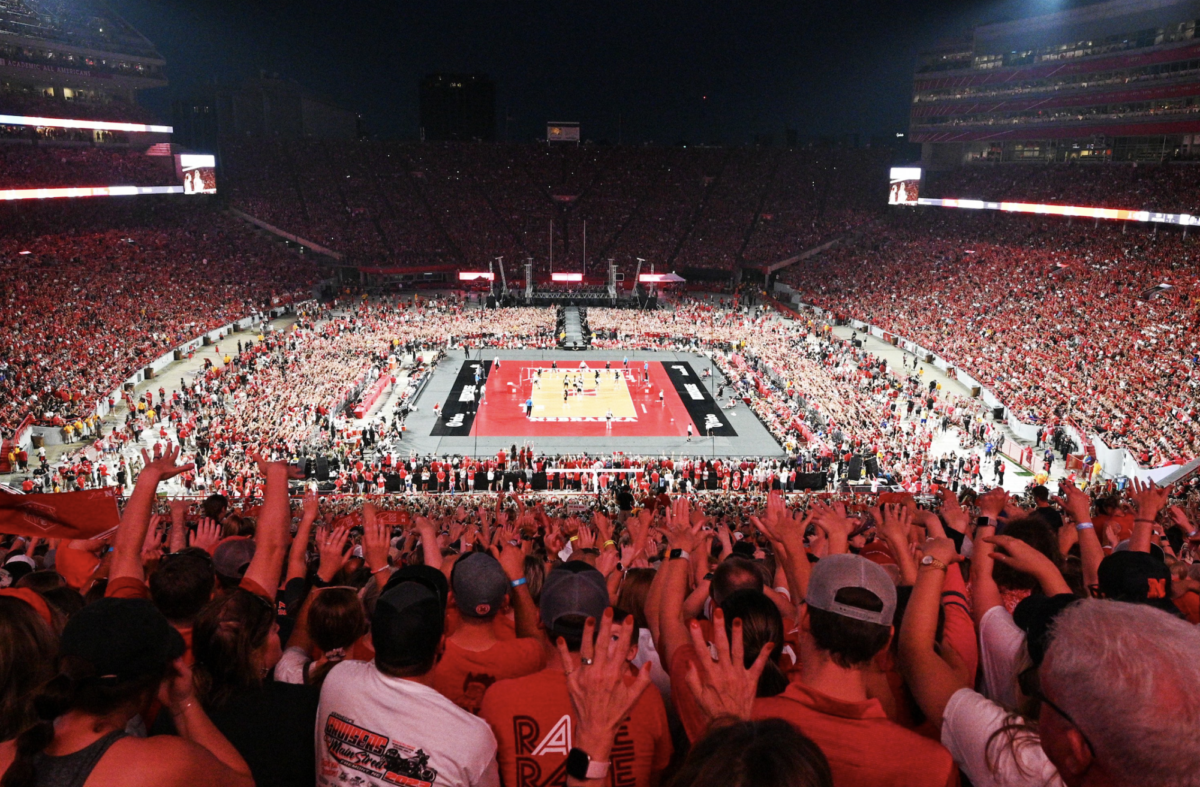Resilience is commonly defined as “the ability to maintain normal functioning in pressurized environments, by staying balanced emotionally, and sustaining mental fortitude to thrive in adversity.” If you’re like me, that might be much easier said than done. Society seems to push the motto of “no excuses, work harder,” suggesting that achieving a desired outcome requires more than a simple dogged determination to always push forward. Therefore many individuals hold the misconception that assiduous effort guarantees a higher level of success. However, instead, it is equally important that we understand how environmental factors such as social, cultural, and organizational resources play vital roles in building healthy, active minds. By concentrating on specific areas for growth, seeking support from experts, and developing effective strategies for managing hardship, people can develop tools that create more cohesive, collaborative networks of support. For students and athletes, this understanding of interdependence often results in team success, personal growth, or new discoveries that ultimately lead to a better society.
Resilience is developed through training but cannot be mastered with sheer resolve alone. For example, attempting to suppress your emotions or appear indomitable does not necessarily create a sturdier mind or heart. In fact, it does quite the opposite. The ability to appreciate, embrace, and react to our vulnerabilities in a constructive manner is critical to changing unfavorable circumstances. Applied to athletics, acknowledging emotional turmoil and accepting disappointing results is a critical step to move forward. My recent experience representing the United States at the 2023 Fencing World Championships taught me to rise to the occasion by focusing on the present moment and, above all, always putting the team first. Inspired by all the trust and support from teammates, coaches, and the entire Team USA, we persevered through fierce battles and ended a 22-year title drought, winning the Junior Men’s Saber World Championships. This moment reminds me of a statement from Olympic fencer Jason Rogers about his journey. Rogers reflects that “pressure can create a diamond, but consistent, unnecessary pressure keeps a diamond trapped in its core.” Rogers reveals that while hardships build character, it is also essential to develop humility and the ability to accept help, as well as becoming mature enough to see life beyond grades, extracurriculars, and other people’s perceptions. As the next generation tries to establish their character and identity, these challenging moments provide valuable opportunities for them to learn and practice mental fortitude.
Through becoming aware of resilience training, we can adapt more efficiently to different scenarios. I find in my personal experience that in addition to emotional regulation, another essential skill that goes hand in hand with resilience is intentional reflection. It is important to recognize that various factors contributing to high pressure situations are not fully within our control. For example, to build a more facilitative environment at Westminster and foster resilience among students, the entire Westminster community should all come together to reflect on our long standing culture. While Westminster provides a world-class education that challenges students to maximize their abilities, the school’s highly competitive environment can also perpetuate toxic norms or behaviors without strategic reflection on how to remediate its potential shortcomings and harm. As educators, scholars, students, and leaders, we must work proactively to adjust our collective perspectives and implement recommended changes. Only then can we shape the narrative for high achieving students across metro Atlanta and beyond.
In contrast to cultural dynamics at school, factors outside of one’s control in the sports field can influence our resilience as well. For example, a lack of elite training partners, human error on the part of referees, or limited chemistry between teammates can all shape the outcome of a pressurized situation. Therefore, it is imperative that athletes focus on controllable intangibles, such as confidence, enthusiasm, and a desire to collaborate or serve as a mentor to one’s peers. Similarly, in the classroom, instead of complaining about the rigorous curriculum and workload, it would be a better investment of time and energy to focus on building productive work relationships with teachers so that we can dialogue about challenges or ways to improve the student experience. Also, planning in advance to ensure a sustainable schedule and prioritizing major assignments will allow for a healthier balance. Although this sort of “reprogramming” may seem difficult at first, it is important to remember that our brain is just like a muscle; the more we practice these thought processes, the more effective we become at doing what is necessary to thrive on the sports field, in academics, and in life.
While hard work often is linked to confidence and responsibility, it is critical to recognize that recovery is invisible training—humans need to recharge, seek joy, and celebrate victories, no matter how small. Allowing time for mental rest is pivotal for optimal performance as it relieves stress and generates positive emotions that can propel us through impediments. Throughout life, difficult times are inevitable, and understanding ourselves and our specific needs in those moments – as well as triggers that provoke harmful emotions – will illuminate the limitations of forcing oneself to push through every obstacle. In fact, often forcing yourself to push past your breaking point is not humanly possible and will only introduce the risk of potential setbacks. Despite the importance of individual mental training, never forget to take full advantage of an elaborate support system. When strenuous circumstances arise, be sure to seek out mentors or professionals who will affirm you to address the situation with nuanced empathy. Persevering through struggles with a support group boosts resilience by producing creative, robust solutions that draw from the wisdom or insight of others. This phenomenon can be manifested in the sports field by trusting the process and sharing candid views with teammates and coaches, as well as in the classroom by engaging closely with teachers or finding a suitable study group. So, while encountering a daunting obstacle builds character, focusing our energy on thoughtful, strategic responses matters just as much.
Eventually, how we respond to a defeat in one match determines our chances of victory in the long, complex game of life.
Edited by Hayden Githuku
